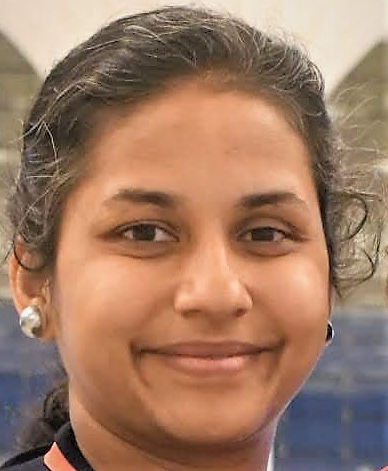From Microgrid To Local Energy Communities
Significant cost reduction of distributed energy resources (DER) combined with new customer's expectations in energy sharing and peer-to-peer trading have paved the way to a new range of disruptive business models to realise a more decentralised energy system. In this presentation, the technical & economic feasibility of local energy communities (LECs) from a double perspective (prosumer perspective and DSO perspective) is investigated.
On the one hand the economic opportunity for prosumers of joining a LEC will be assessed and, on the other hand, the impact that these LEC may induce to the distribution networks will be evaluated. In this presentation, local energy communities are still connected to the main grid. However, they might go off the market, possibly inducing significant revenues losses for existing utilities.
In order to assess this economic impact, several parameters as well as influencing factors must be taken into account, such as the regulatory framework, the technological assets (including their economical parameters) and the community design. The prosumers and their assets are forming a LEC at the distribution level, where power, heat and cold can be co-optimized, both in terms of sizing and dispatching to reach the lowest total expenditure costs over the studied time horizon.
Key takeaways:
- Decarbonising a community can be cheaper than working on an individual basis while creating social bounds at neighborhood level
- Community members and assets (electric vehicle, decentralised production, demand response) can work together to achieve greater efficiency at local level
- Regulation - especially distribution network tariff design - can create the right economic conditions for Local Energy Communities to develop
- While going off grid is now technically feasible, going off market might be the bigger risk for utilities
- Return of experience show that (some) utilities have understood that risk and are developing new skills & services to accompany rather than fight this trend

Parvathy Chittur Ramaswamy
Technical Manager - Energy Transition
Tractebel - Engie Group
Parvathy Chittur Ramaswamy is the Technical Manager responsible for the Smart Grid software suite and simulation tools in the Energy Transition department at Tractebel-Engie in Brussels. She has performed consultancy, led internal and EU R&D projects regarding the integration of distributed energy resources (renewables) in the distribution grids, microgrids and energy communities. She is currently actively involved in the smart grid adoption scenario in Europe, through strong collaboration with partners and Distribution System Operators. She received her PhD in Electrical Engineering with specialization on smart grids and optimization techniques from Katholieke Universiteit Leuven, Belgium, a Masters from Portland State University, USA and Bachelors from the University of Calicut, India. She is passionate about applying her grid integration and optimization know-how to improve the grid infrastructure and electricity availability to growth markets and power-hungry economies.
Technical Manager - Energy Transition
Tractebel - Engie Group
Parvathy Chittur Ramaswamy is the Technical Manager responsible for the Smart Grid software suite and simulation tools in the Energy Transition department at Tractebel-Engie in Brussels. She has performed consultancy, led internal and EU R&D projects regarding the integration of distributed energy resources (renewables) in the distribution grids, microgrids and energy communities. She is currently actively involved in the smart grid adoption scenario in Europe, through strong collaboration with partners and Distribution System Operators. She received her PhD in Electrical Engineering with specialization on smart grids and optimization techniques from Katholieke Universiteit Leuven, Belgium, a Masters from Portland State University, USA and Bachelors from the University of Calicut, India. She is passionate about applying her grid integration and optimization know-how to improve the grid infrastructure and electricity availability to growth markets and power-hungry economies.